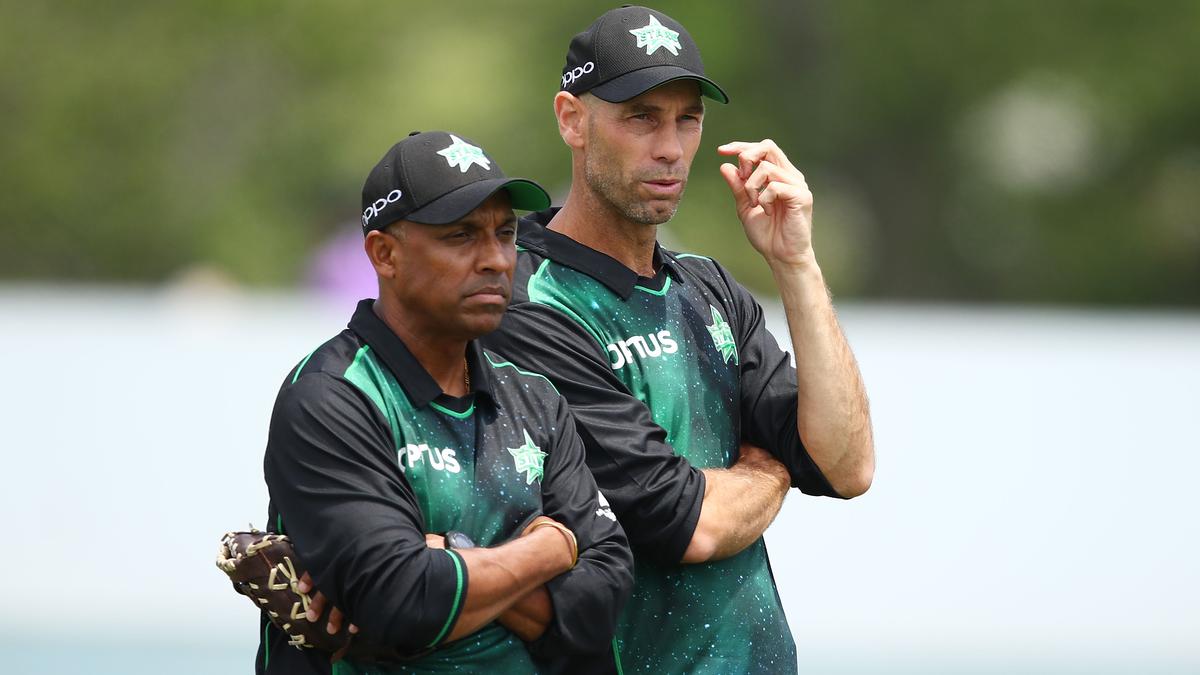Indian boss to take over world cricket amid $4.5 billion TV rights fight

- by Admin
- August 20, 2024

Before Tuesday night’s video call, the ICC had faced criticism from member countries for the USA-based leg of this year’s Twenty20 World Cup going $US20 million over the agreed operational budget. There is also uncertainty about the likelihood of India travelling to Pakistan to contest the ODI Champions Trophy in February next year.
Shah’s ascension has arrived at the same time Star is seeking relief from the enormous deal it signed with the ICC in late 2022 for the rights to broadcast global cricket events into India from 2024 to 2027.
Jay Shah is set to become the head of the International Cricket Council.Credit: SOPA Images/LightRocket
Star chiefs want to renegotiate the deal and reduce its value by up to half, potentially meaning the loss of millions of dollars from the budgets of major cricket countries over the next four years.
ICC directors have been served with a reduction notice from Star, a trigger for renegotiating the rights or possibly moving to “blend and extend” the deal on revised terms for a longer period.
Star’s winning bid for both TV and digital rights, of some $US3 billion over four years, was made on the understanding that it would on-sell a portion of the deal to ZeeTV, which in turn was in the process of a merger deal with Sony.
However with the ZeeTV-Sony merger collapsing, ZeeTV has likewise backed out of sub-licensing the ICC rights, leaving Star to foot the entire bill. The company’s discomfort with the cost of winning the rights was underlined by an unsuccessful request, earlier this year, to relocate the T20 World Cup from the USA and the Caribbean to India.

NSW Premier Chris Minns with former premier and Cricket Australia chairman Mike Baird and Australian cricketer Josh Hazlewood at the SCG on Sunday.Credit: Edwina Pickles
ZeeTV and Star are fighting out the circumstances of their collapsed deal in the London Court of International Arbitration. At the same time, Star is in the process of being sold by Disney to the Indian conglomerate Reliance Industries, which owns the broadcaster Viacom18.
Last year, the money from the ICC rights deal was divided up among member nations through a formula that handed nearly 40 per cent of the funds to the BCCI (about $US230 million per year), followed by percentages of between 7 per cent (England) and 6 per cent (Australia) to a little less than 3 per cent each for Zimbabwe and Afghanistan.
The Latest News
-
November 15, 2024Former Sri Lanka cricketer Samaraweera gets new 10-year Australia ban
-
November 15, 2024Former Test cricketer handed second ban over allegations of inappropriate behaviour
-
November 15, 2024National Associate Championship goes Wil’s way – PGA of Australia
-
November 15, 2024Recent Sponsorship Announcements Shaping Australian Sport for 2025 – Ministry of Sport
-
November 15, 2024Virat Kohli has scans for mystery ailment as India suffers fresh injury concern




